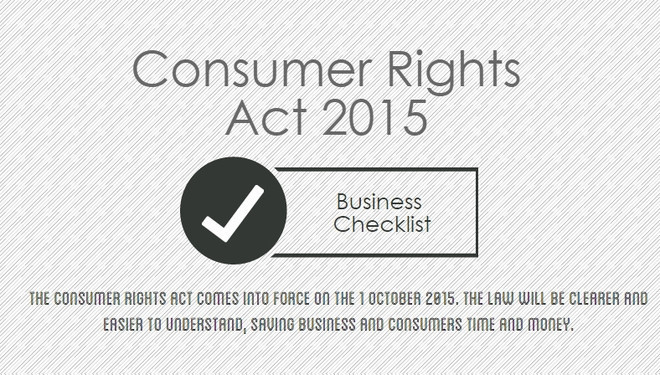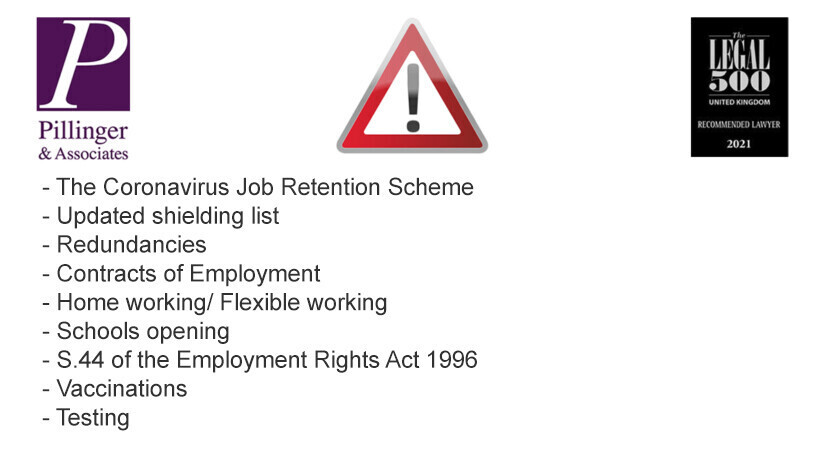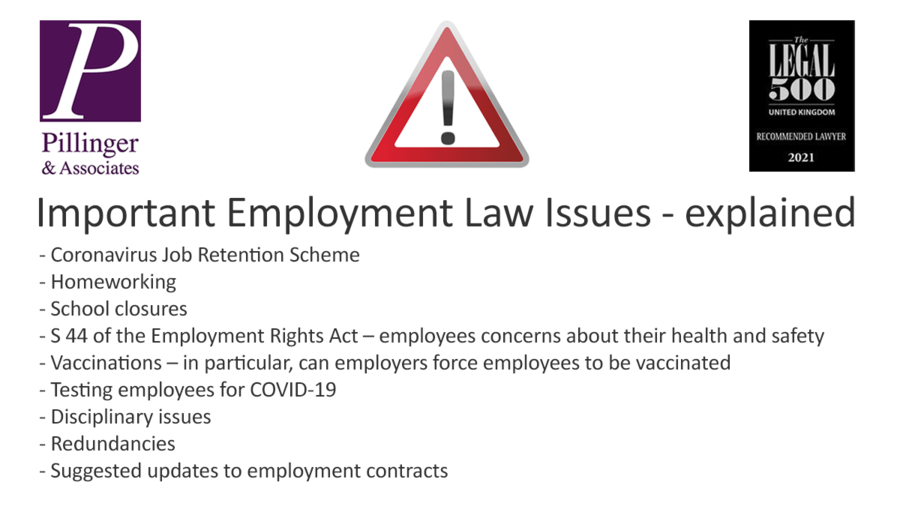The Business Companion website mentioned above is a fantastic resource for all business owners regardless of your trade and is worth a visit for any legal advice: www.businesscompanion.info
I'd like to draw attention to the digital section, as I know there a lot of members who deal in digital products and may not consider themselves as classed under the new Consumer Rights Act.

Digital Content - Business Companion
The Act defines 'digital content' as meaning 'data which are produced and supplied in digital form'. Therefore a huge array of digital-format products fall within this definition - for example:
- computer games
- virtual items purchased within computer games
- television programmes
- films
- books
- computer software
- mobile phone apps
- systems software for operating goods - for example, domestic appliances, toys, motor vehicles, etc
In many cases digital content is supplied in a format that can be physically touched such as a Blu-ray disc containing a film. Increasingly, however, digital content does not have a tangible form - for example, a film downloaded to a computer or a virtual car purchased when playing a computer game.
What the consumer can expect (statutory rights)
Under the Consumer Rights Act 2015 certain standards apply to every transaction for the supply of digital content. The digital content must be:
- of satisfactory quality
- fit for a particular purpose
- as described
Here is an interesting section as well, what is a trader?
If you are a 'person' acting for purposes relating to your trade, business, craft or profession then you are a 'trader'.
A person can include a partnership, which has a legal identity separate from its members. A person can also be a company, a charity (or other not-for-profit organisation), a government department, a local authority or a public authority.
For those operating UK sites, but overseas:
If you are a trader based outside the UK but market your digital content to UK consumers, you will still be covered by the Act and should seek specialist advice.
So a lot of information to take in, and (in my assessment) there is no immediate panic, but you should start to get familiar with the new act to see how it affects you.





